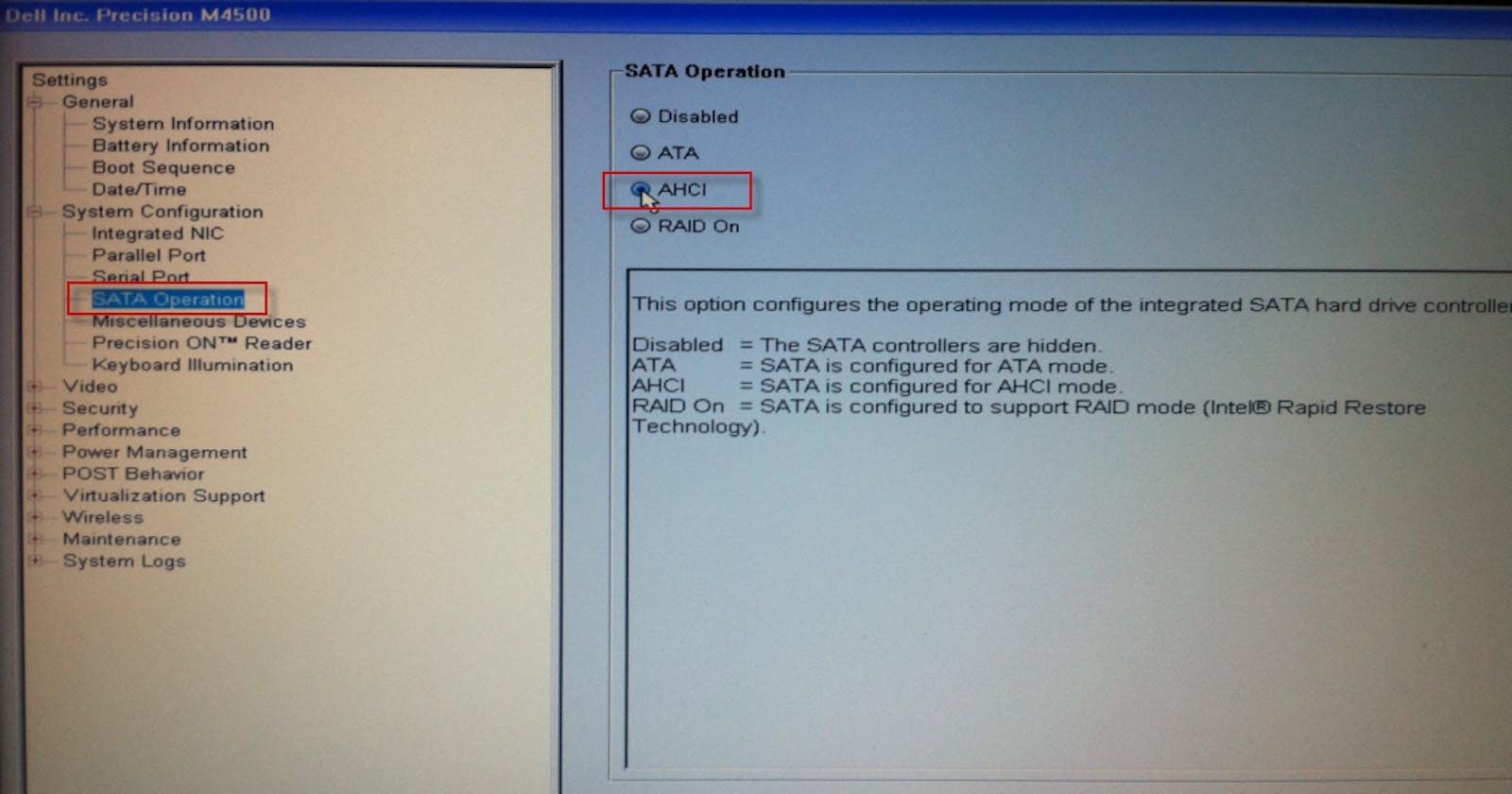I love love love my System76.com Kudu p1 laptop, which I bought in 2014. It is still my favorite computer, running Kubuntu pretty much from the beginning. I also skipped the DVD-ROM, got a hard disk caddy to run an SSD instead, and over the years, I upgraded this laptop to have three 4TB SSD drives.
Around 2021, I bought a used Dell XPS 15 from a former employer that was liquidating its developer laptops. Pretty decent specs, and for the bargain price of $350, I just couldn't pass it up. I promptly put Kubuntu on it, but never really stopped using my Kudu. I have plenty of computer hardware, and even though I'm an enthusiastic professional software developer with plenty of computer-based hobbies as well. There are simply not enough hours in the day to keep them all busy. The XPS ended up being parked under a boatload of random books and papers in my WFH office. The battery eventually gave up. The NVRAM got reset, and when I tried to dust it off a couple months ago, it just wouldn't boot. I got the infamous initramfs prompt screen, and didn't have the patience to relearn all the initramfs stuff. I did know it fairly well at some point, years before my day jobs started showering me with flawless, fully-tricked-out MacBook Pros, which got me away from pure Linux tinkering as I had done since 1994.
So, I tried to re-install Kubuntu via LiveUSB to revive this XPS that I barely used. And Arch, and CentOS, and kept running into installation problems, specifically Ubi Partman error with exit code 141.
I used Alt-F2 to launch konsole (KDE's terminal program), and ran fdisk -l /dev/sda. It was odd, that there were no other disk device except sda, and sda was listed as a 32G volume, not the 1.0TB drive I knew existed, and still showed up in the Dell XPS BIOS. Normally, when you boot off a LiveUSB, you would see the laptop's primary drive as sda (with partitions as sda1, sda2, etc), and then the USB drive would be something else like sdb or mmcblk0. Typically, mmcblk0 devices are Micro/Mini slots that take SD cards, not a USB drive. So, the system was only presenting the USB drive I booted from, with no sign of the intended install target, the 1.0TB internal SSD.
Turns out that when the NVRAM got reset, the hard disk controller reverted from AHCI mode (which I remember having to change when I first installed Kubuntu on the XPS), to RST (Intel Rapid Storage Technology) mode. I don't really care what RST is, since obviously it doesn't work with Linux.
When I changed that setting back to AHCI, the XPS booted all the way up without having to re-install or reset anything else. Wow, what an easy win that was!
And this is why I will always support smaller Linux-oriented companies like System76 for my hardcore developer needs, and why Dell still isn't ready to be a Premier Linux workstation vendor. It's because Dell made as DEFAULT a BIOS setting (RST) that doesn't work with Linux at all, until you change it to the other choice: AHCI.

